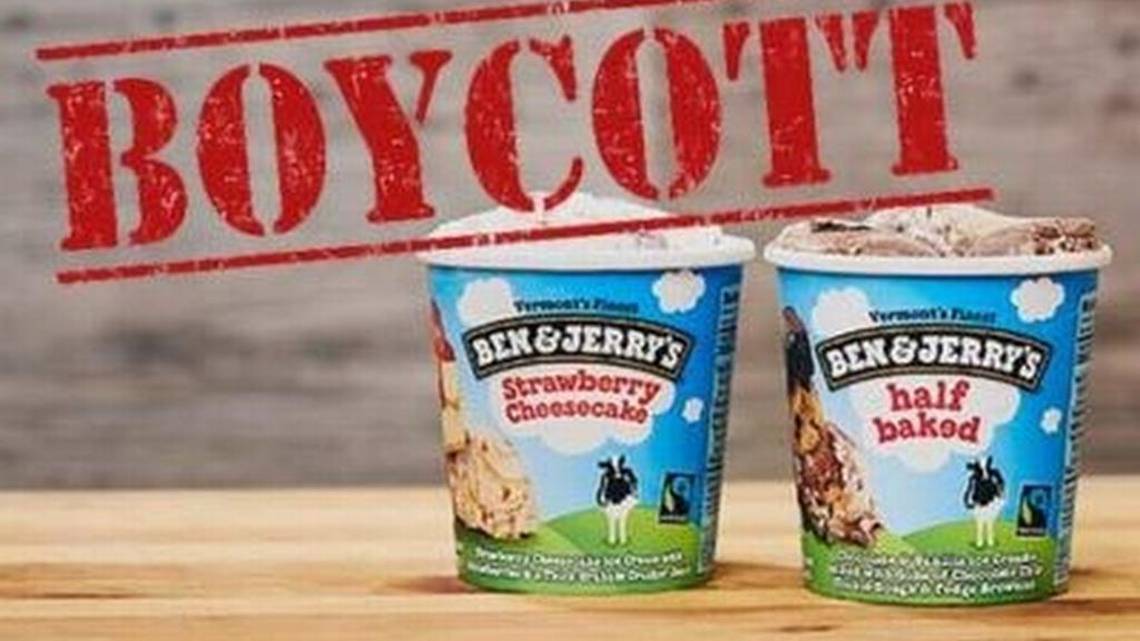
By Chief Joel F. Shults, Ed.D.
Financial support from businesses for causes ranging from local little league baseball to diversity have been a mainstay of good corporate citizenship in the American landscape. Things have taken a turn from non-controversial support to potentially risky advocacy and now to advocating negative actions against law enforcement.
Ice cream makers Ben Cohen and Jerry Greenfield, the co-founders of Ben & Jerry’s which is now owned by conglomerate Unilever, are starting a campaign aimed a ensuring personal financial ruin for police officers accused of misconduct. Their aim is to eliminate the qualified immunity defense to civil actions and encourage personal suits against officers that would force them to pay from their personal bank accounts and real estate. Cohen and Greenfield have a history of accusing police of widespread racism and brutality.
Qualified immunity is a defense to lawsuits that was established by court precedent. The doctrine was designed to protect government actors – not just law enforcement – from being sued personally for complex decisions they have made for which there were no clear guidelines. It is not a blanket exemption from lawsuits for police officers, nor a major impediment to those who have suffered from wrongdoing or negligence.
Punishing police officers for being police officers as a corporate policy is not limited to Ben and Jerry’s. LEGOs toymaker halted promotion and display of police themed LEGO sets in 2020 in the wake of anti-police protests. BikeCo, the distributor of Fuji Bikes, announced that they would no longer sell bicycles to police departments. The irony is immediate, since bike patrol has been a major component in community policing efforts across the country. The bike distributor claims that police bikes have been used as weapons against protesters, although police officers are uniquely vulnerable while on bicycle assignments.
Major sports organizations have encouraged and enabled anti-police sentiment, and suppressed support of law enforcement, perhaps influenced by athletic gear makers Nike and UnderArmor. Supporting black lives and supporting law enforcement has become an artificial divide. Supporting defunding of the police is not the same as examining ways to reform policing for everyone’s benefit. Corporations that support groups advocating defunding include Microsoft, Intel, Airbnb, H&M, Cisco, Degree, DoorDash, Vans Inc., Lululemon, Dropbox and the Pokémon Company International.
Admittedly, decisions on whom to support or on remaining neutral aren’t always easy in the boardrooms and backrooms of companies small and large. Mom and pop stores in Portland felt compelled to write on their windows that they were black or BIPOC owned to avoid destruction by protesters. Starbucks has been picketed for supporting the Seattle Police Foundation, and criticized for supporting anti-police sentiments. Employees of Ford Motor Company wanted the supplier of one of the most popular police vehicles to stop selling to law enforcement, but company leaders refused to give up that market. Other corporations have supported the claims of racism in policing but have been called out for their own lack of diversity and social responsibility.
There are also many companies that have expressed support for the men and women who make up our nations law enforcement community. Many simply realize that quality law enforcement is essential to the operation of their businesses, whether they are direct vendors to police departments or not. Others are simply good citizens who recognize that their police officers belong to them and want the best possible outcome for their communities. That should never mean that citizens should refrain from speaking out on issues where law enforcement needs change. Being an ally of law enforcement gives a credible voice for guidance and change.
Citizens who want to maintain and improve quality law enforcement can encourage those businesses that have visibly or even quietly supported law enforcement. A word of thanks, a thumbs up, and patronage of their establishments can make a difference.